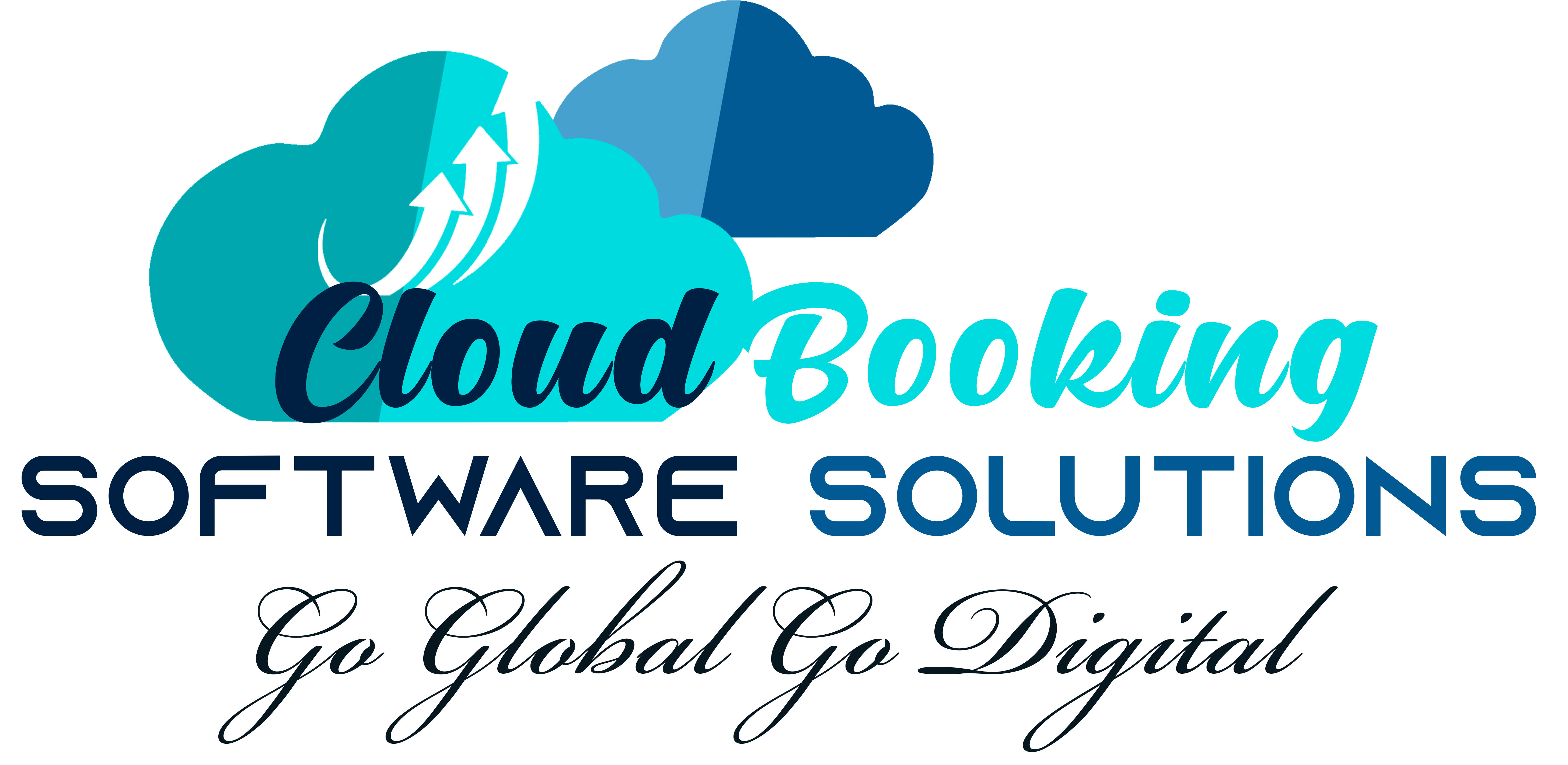Significance of Target Audience Research in Content Marketing
Introduction:
Target audience research is a critical and foundational aspect of content marketing. Understanding your target audience allows you to create and deliver content that resonates with them, addresses their needs, and ultimately drives better engagement and conversion rates. Here are some key reasons why target audience research is crucial in content marketing:
-
Relevance:
-
Effective Communication:
- Personalization:
- Content Ideation:
- Improves User Experience:
- Boosts Engagement and Conversions
- Market Insights
- Competitive Advantage
- Refine Content Strategy
- Cost-Effectiveness
- Conclusion:
- FAQs
A: Target audience research is particularly beneficial for small businesses with limited resources. By understanding their niche audience, small businesses can create more focused and cost-effective content strategies. This enables them to compete effectively with larger competitors and establish a loyal customer base through personalized and targeted content.
Q: Can target audience research help with content optimization?
A: Absolutely! Target audience research provides valuable insights into what type of content your audience prefers, what topics interest them the most, and how they consume information. This data can be used to optimize existing content, tailor new content, and refine your overall content marketing strategy to better meet the needs and preferences of your target audience.
Q: What is target audience research in content marketing?
A: Target audience research in content marketing involves gathering and analyzing information about the specific group of people you want to reach with your content. It includes understanding their demographics, interests, behaviors, pain points, preferences, and communication habits.
Q: Is target audience research a one-time process?
A: No, target audience research is an ongoing process. Audience preferences, behaviors, and trends change over time, so it's essential to regularly update your knowledge about your audience. Continuous research helps you adapt your content strategy to stay relevant and effective in reaching your audience's evolving needs.
Q: What happens if a business neglects target audience research?
A: Neglecting target audience research can lead to various negative outcomes. Without a clear understanding of your audience, your content may miss the mark and fail to engage or resonate with them. This can result in lower engagement, decreased conversions, wasted marketing resources, and missed opportunities to build a strong relationship with your customers. Ultimately, neglecting target audience research may hinder your content marketing success and hinder your business's growth in the long run.
Q: How can small businesses benefit from target audience research?
A: Target audience research is particularly beneficial for small businesses with limited resources. By understanding their niche audience, small businesses can create more focused and cost-effective content strategies. This enables them to compete effectively with larger competitors and establish a loyal customer base through personalized and targeted content.
Q: Can target audience research help with content optimization?
A: Absolutely! Target audience research provides valuable insights into what type of content your audience prefers, what topics interest them the most, and how they consume information. This data can be used to optimize existing content, tailor new content, and refine your overall content marketing strategy to better meet the needs and preferences of your target audience.
